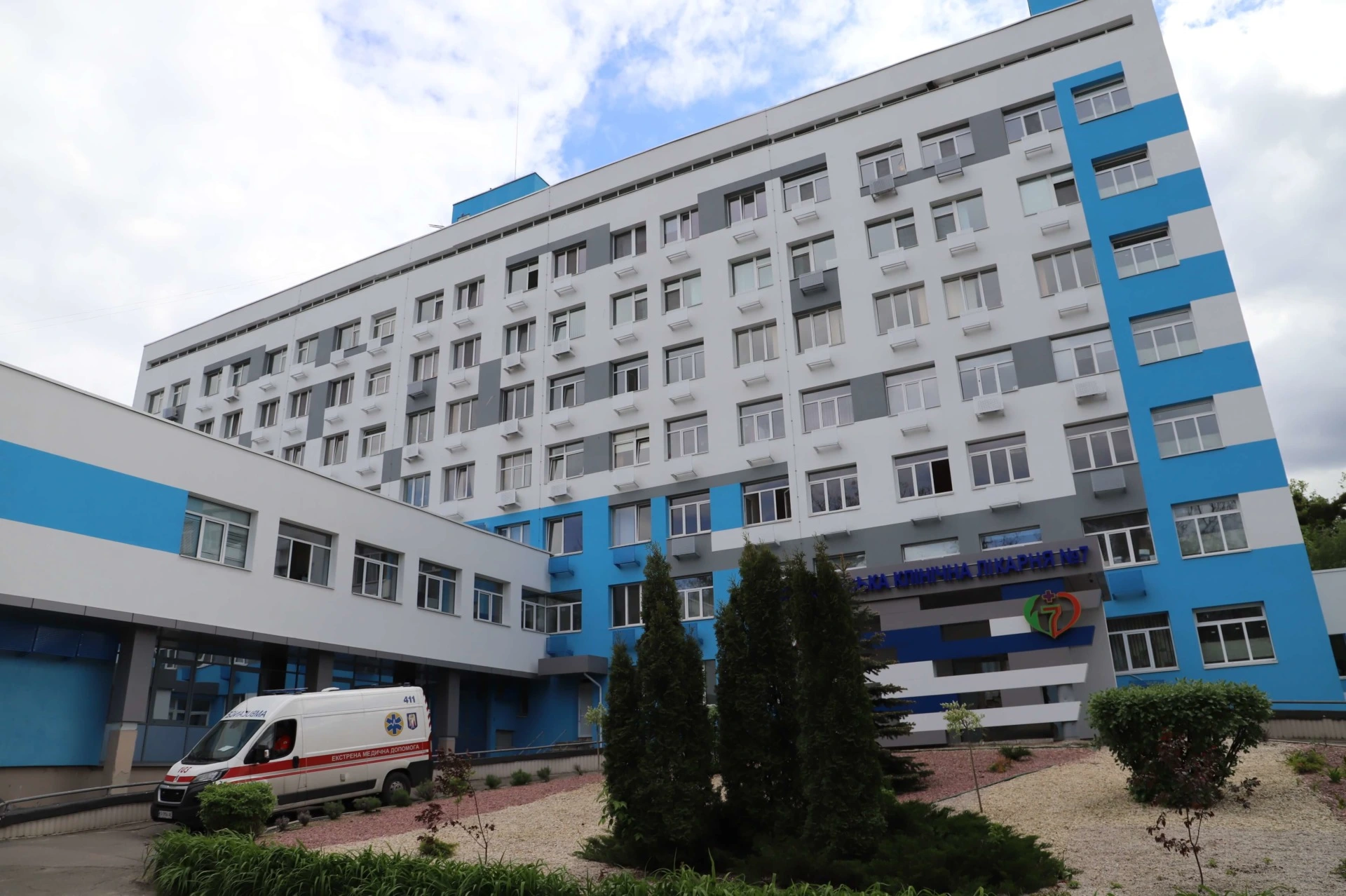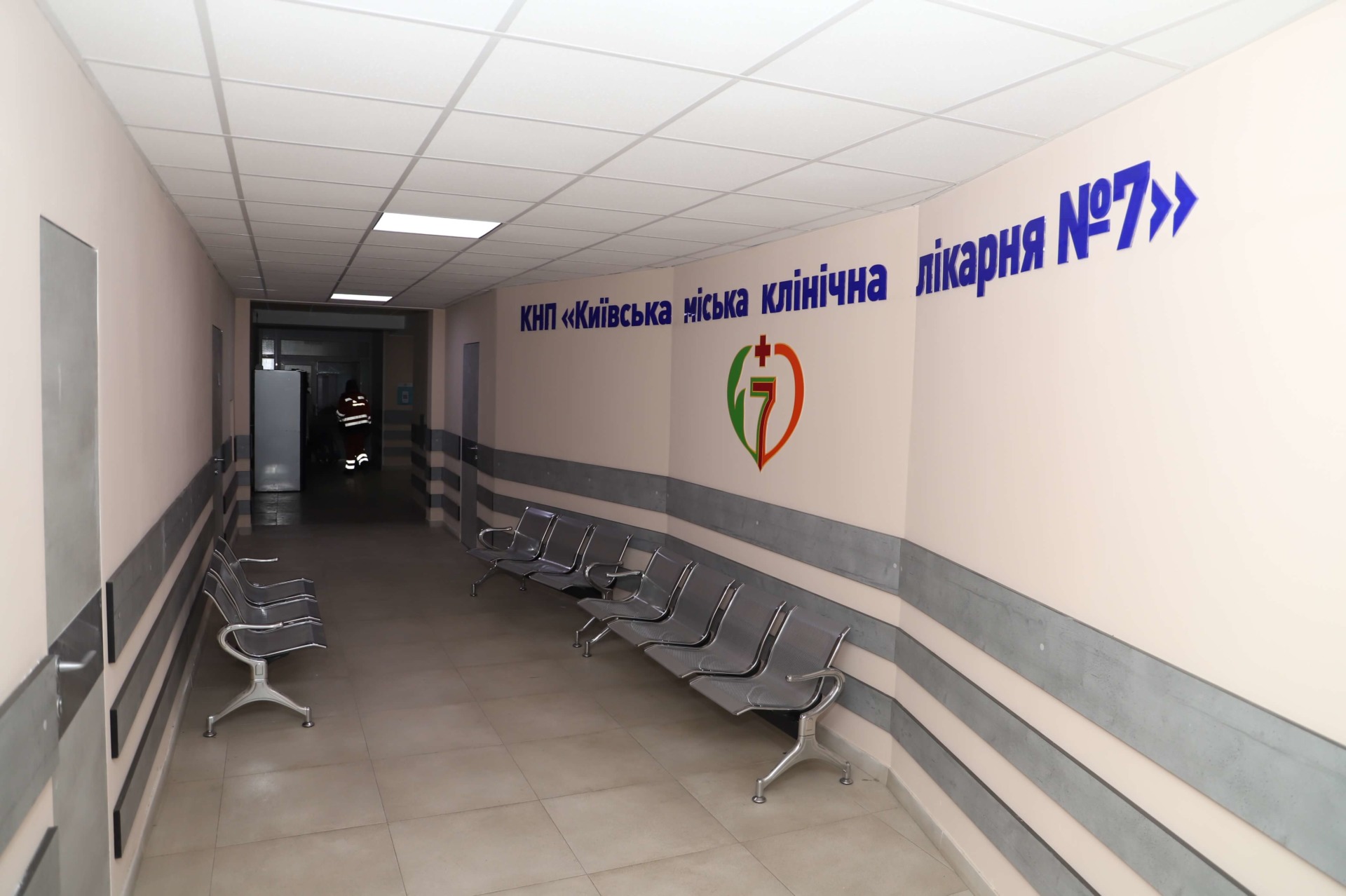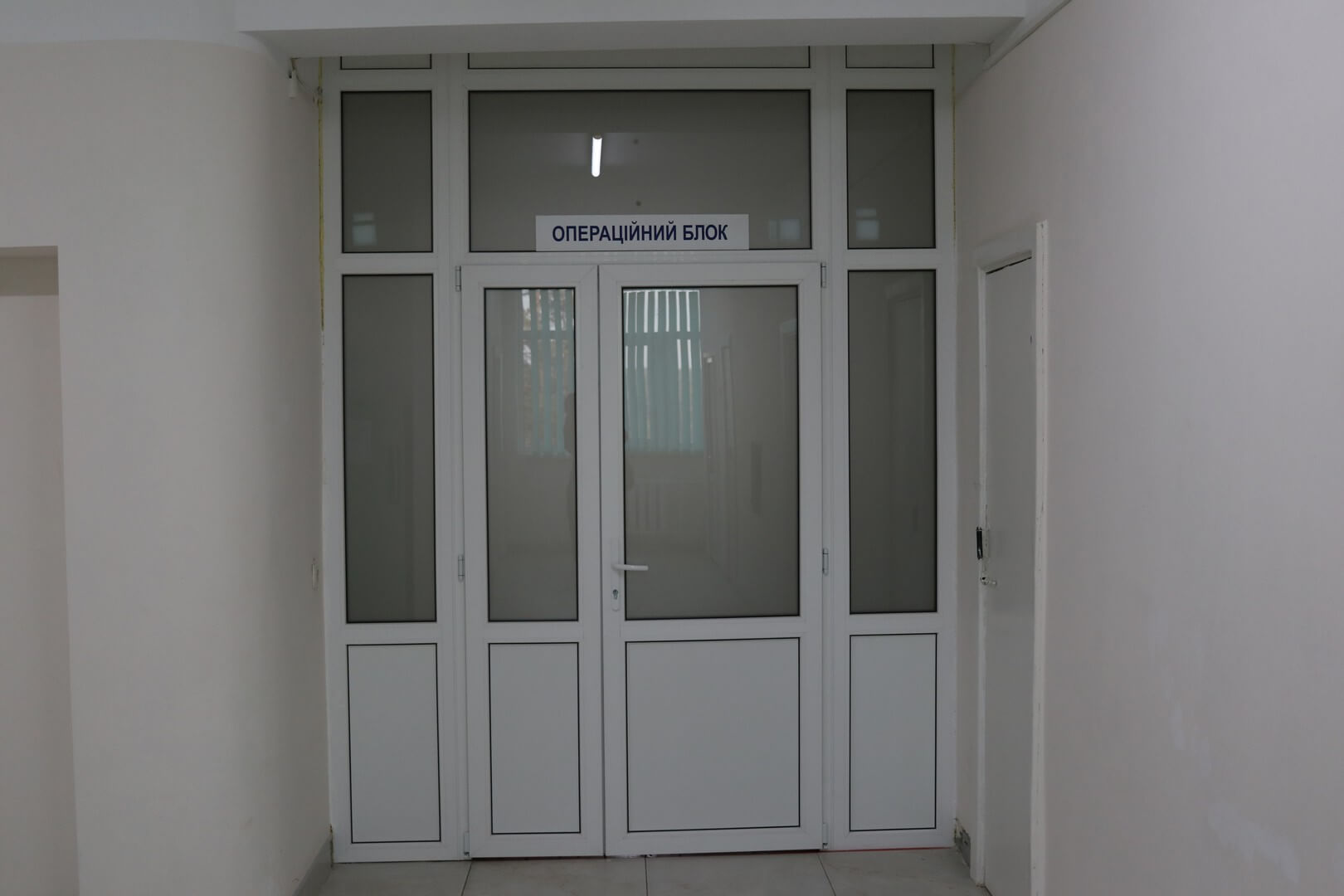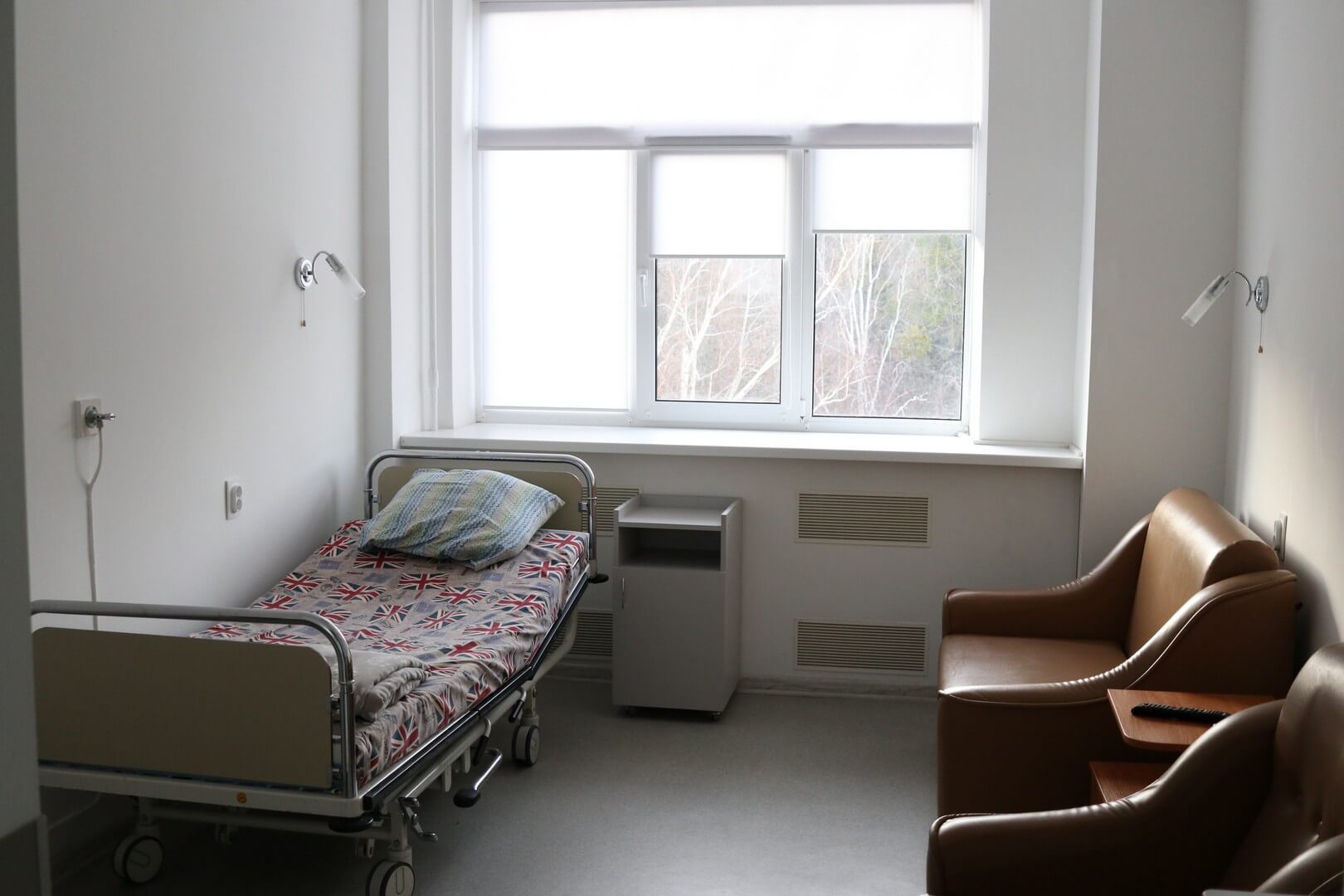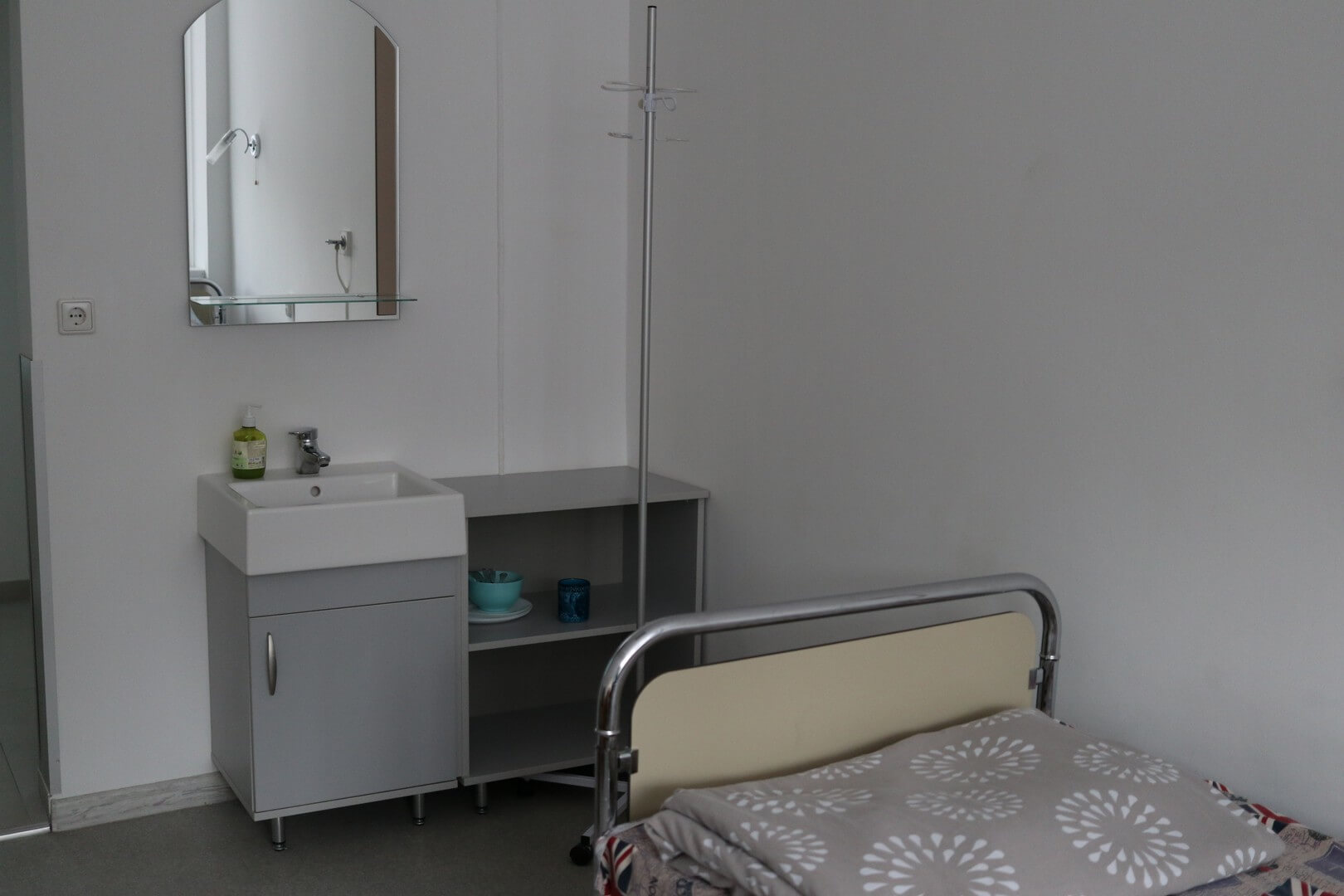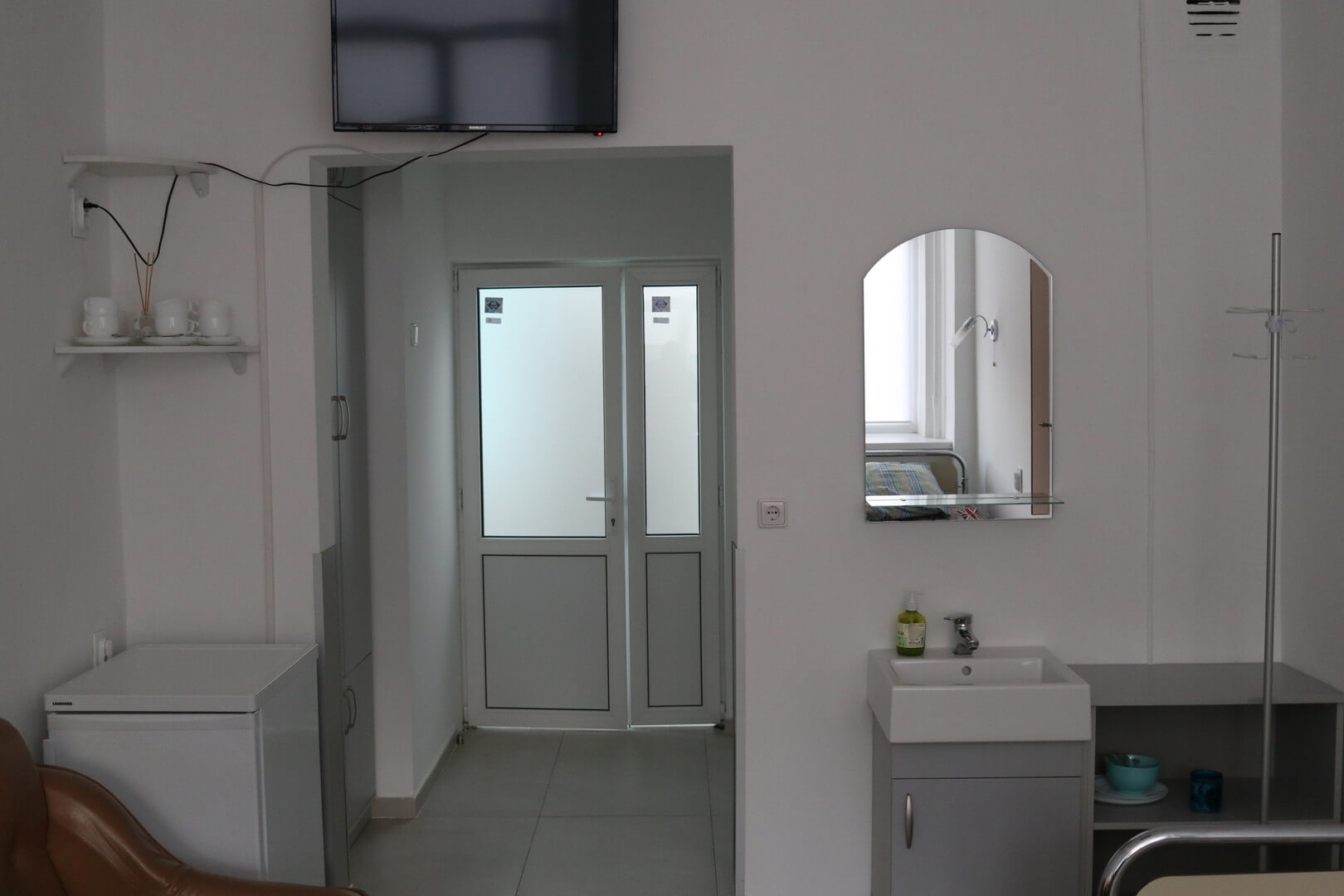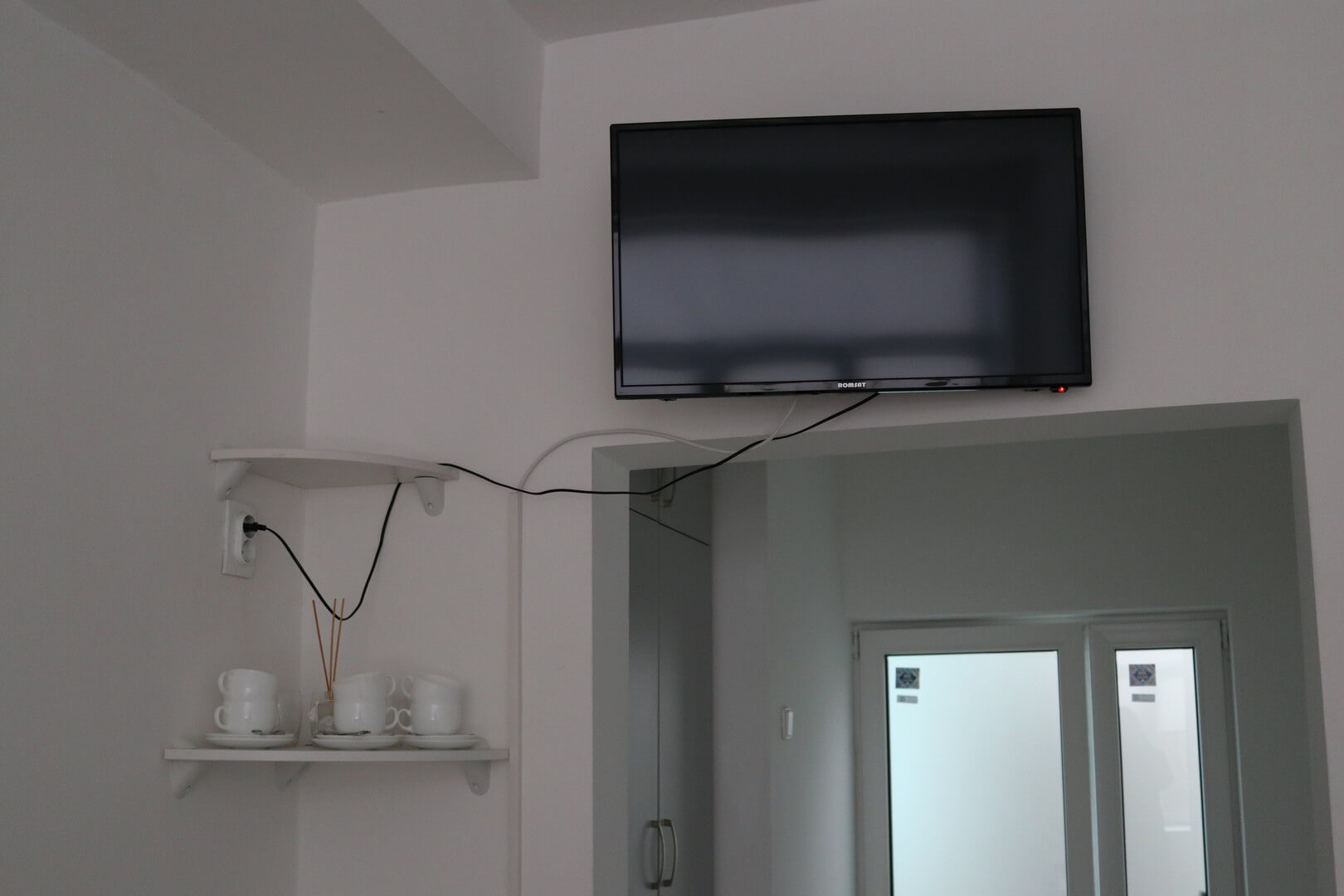History and structure of the Center for Neurosurgery
The Center for Neurosurgery at the Kyiv Clinical Hospital No. 7 was opened in 2010. Today, 4 experienced neurosurgeons work here. The center receives about 1500 patients a year. More than 500 neurosurgical operations of various levels of complexity are performed here annually. The department is designed for 15 patients. Hospital rooms are equipped with everything necessary for a comfortable stay.
The Center for Neurosurgery has its own laboratory. Nearby is a polyclinic and diagnostic building. This enables patients to undergo all the necessary diagnostic and therapeutic procedures within the framework of one medical institution.
What methods of diagnosing diseases are used in the Neurosurgery Center?
Modern diagnostic methods are used to detect neurological diseases:
- a comprehensive neurological examination, during which the doctor determines the degree of damage to the nervous structures:
- blood tests;
- radiography;
- CT scan;
- Magnetic resonance imaging (MRI).
High-quality diagnostics plays a decisive role in deciding whether to perform a surgical intervention.
What diseases are treated at the Neurosurgery Center?
- lower back pain (lumbodynia);
- pain in the cervical spine (cervicalgia);
- cervicobrachialgia (pain in the neck radiating to the arm);
- dorsalgia (back pain);
- herniated disc;
- tumors of the spine, spinal cord and peripheral nerves;
- trigeminal neuralgia;
- spinal instability;
- spinal fractures;
- displacement of the vertebrae (spondylolisthesis);
- spinal stenosis;
- tunnel syndromes;
- facet syndrome.
What surgeries and manipulations are performed at the Neurosurgery Center?
- microdiscectomy;
- epidural block;
- elimination of spinal stenosis;
- transpedicular stabilization of the spine;
- treatment of tunnel syndrome;
- removal of tumors of the spine and spinal cord;
- removal of brain tumors;
- transpedicular stabilization of spondylolisthesis;
- treatment of trigeminal neuralgia;
- blockade of the facet joints.
Modern methods of treatment at the Neurosurgery Center
Most operations at the Center for Neurosurgery at the Institute of Neurosurgery and Kyiv Clinical Hospital No. 7 are performed in a minimally invasive way. This modern approach allows patients with spinal diseases to return to normal life in just a few hours or days after surgery. The center’s surgeons use innovative medical equipment, including powerful surgical microscopes, neuronavigation systems, and microsurgical instruments. Patients receive high-quality implants made by foreign manufacturers.
The center employs highly qualified neurosurgeons who have extensive experience in performing operations of any degree of complexity. The active use of innovative technologies can reduce the level of surgical aggression, as well as increase the safety and effectiveness of surgical intervention.
Doctors of the Center for Neurosurgery constantly improve their qualifications, exchange experience with foreign colleagues. Patients do not have to travel to other countries to receive high-quality neurosurgical care. The Center for Neurosurgery provides a full range of services, including preparation for surgery, surgical intervention and postoperative rehabilitation. The doctors of the center support their patients at all stages of the therapeutic process.
The main stages of treatment at the Neurosurgery Center
The treatment strategy is developed individually for each patient. Nevertheless, it is possible to identify the main stages that will help to understand how the therapeutic process is carried out.
Stage 1. Consultation
The primary consultation of a neurosurgeon involves an assessment of the patient’s complaints and the study of all medical documents, as well as the results of imaging diagnostics (X-ray, MRI, CT and other research methods). If there is enough information, the doctor makes a final diagnosis. If not, an additional examination is ordered.
Stage 2. Preoperative preparation
At this stage, the patient passes all the necessary blood tests, PCR for covid, undergoes an ECG, an x-ray of the chest organs, receives a consultation from a therapist and an anesthesiologist.
Stage 3. Registration
Registration of a medical history and hospitalization in the department of the Center for Neurosurgery.
Stage 4. Surgical intervention
The operation is performed on the day of the patient’s hospitalization.
Stage 5. Postoperative follow-up
After the operation, the patient is under round-the-clock supervision of the medical staff of the Neurosurgery Center. If necessary, organize an individual nursing post.
Stage 6. Statement
The doctor will provide all the necessary recommendations in oral and written form. If necessary, the patient is issued a sick leave.
Stage 7. Maintenance
The Neurosurgery Center provides free medical support after surgery. This can be online or face-to-face consultations, issuance of certificates and additional recommendations. The Neurosurgery Center supports its patients 24/7.
